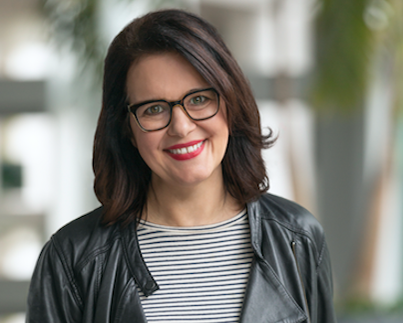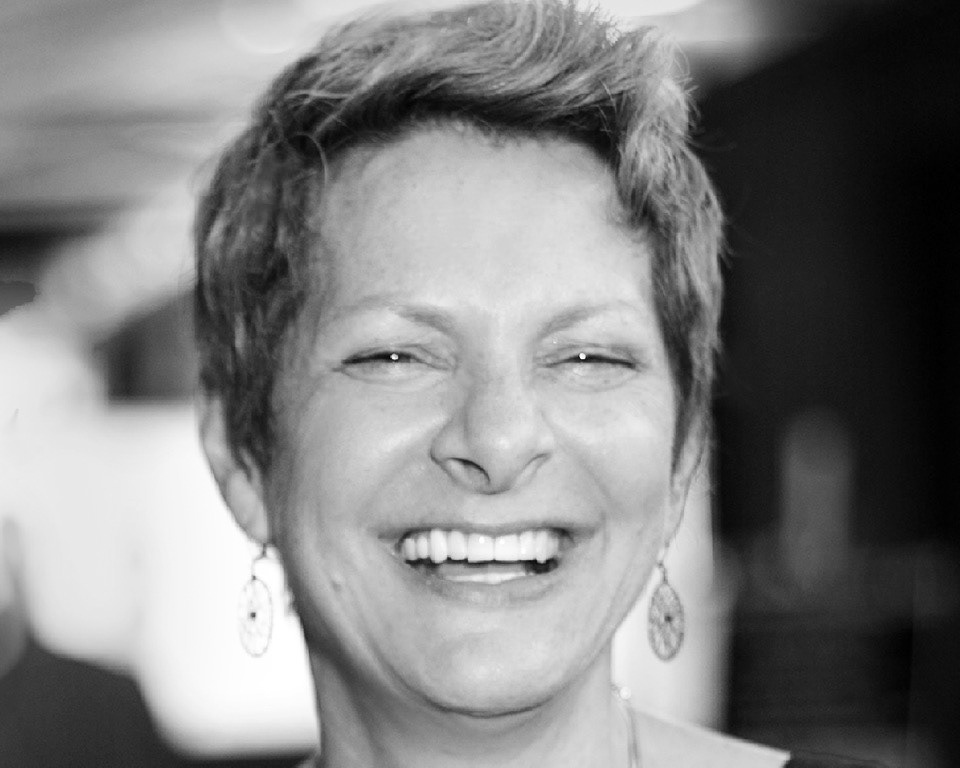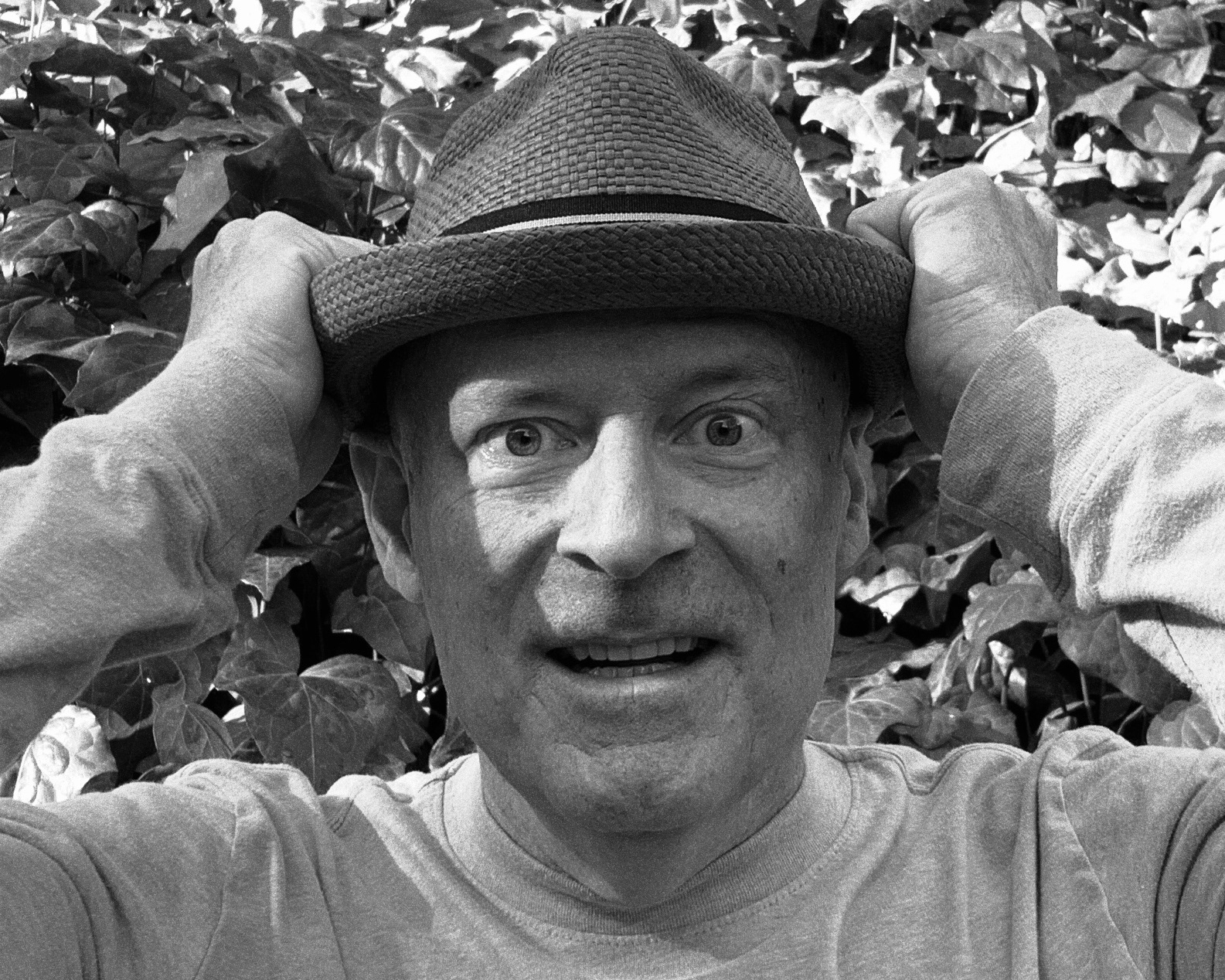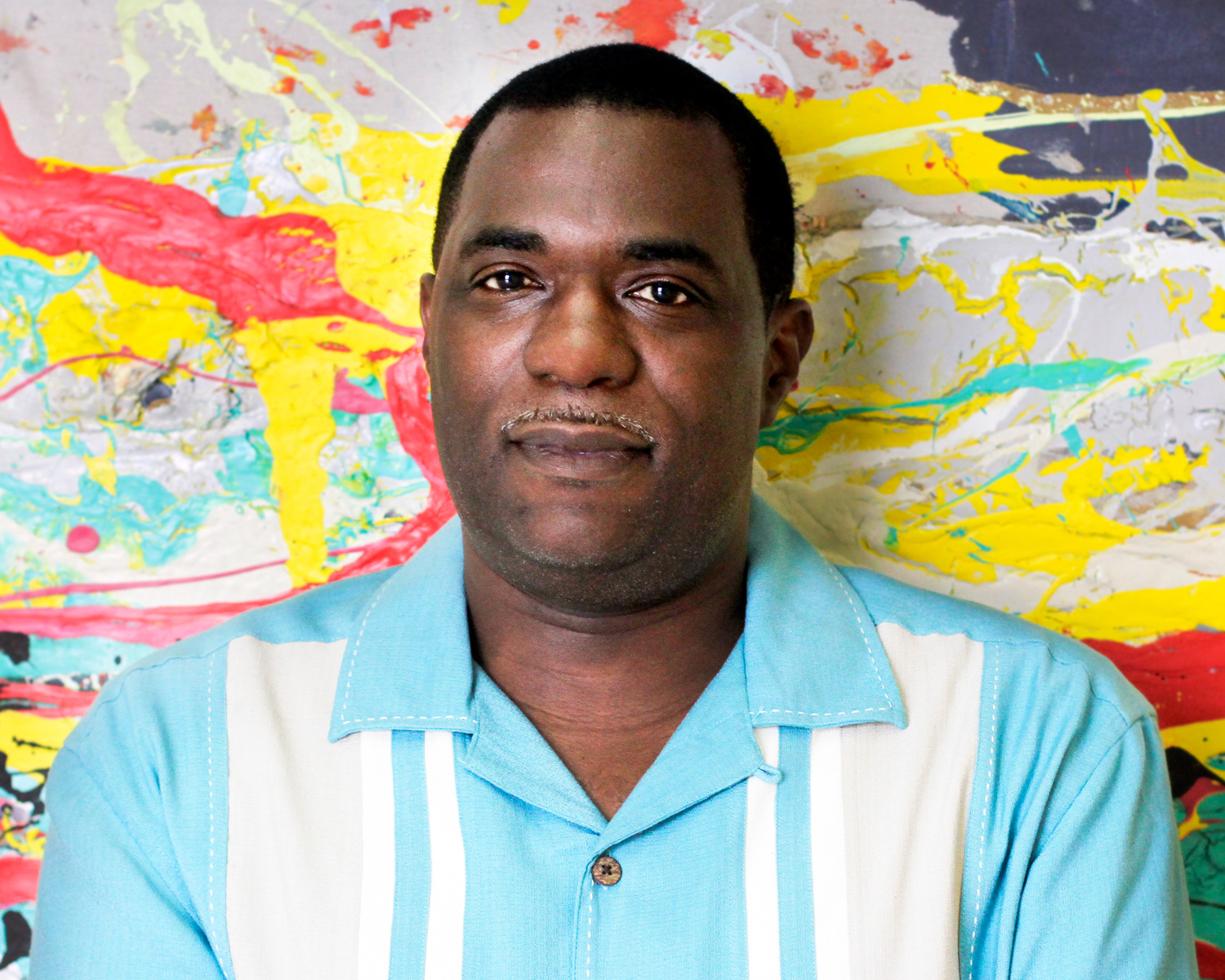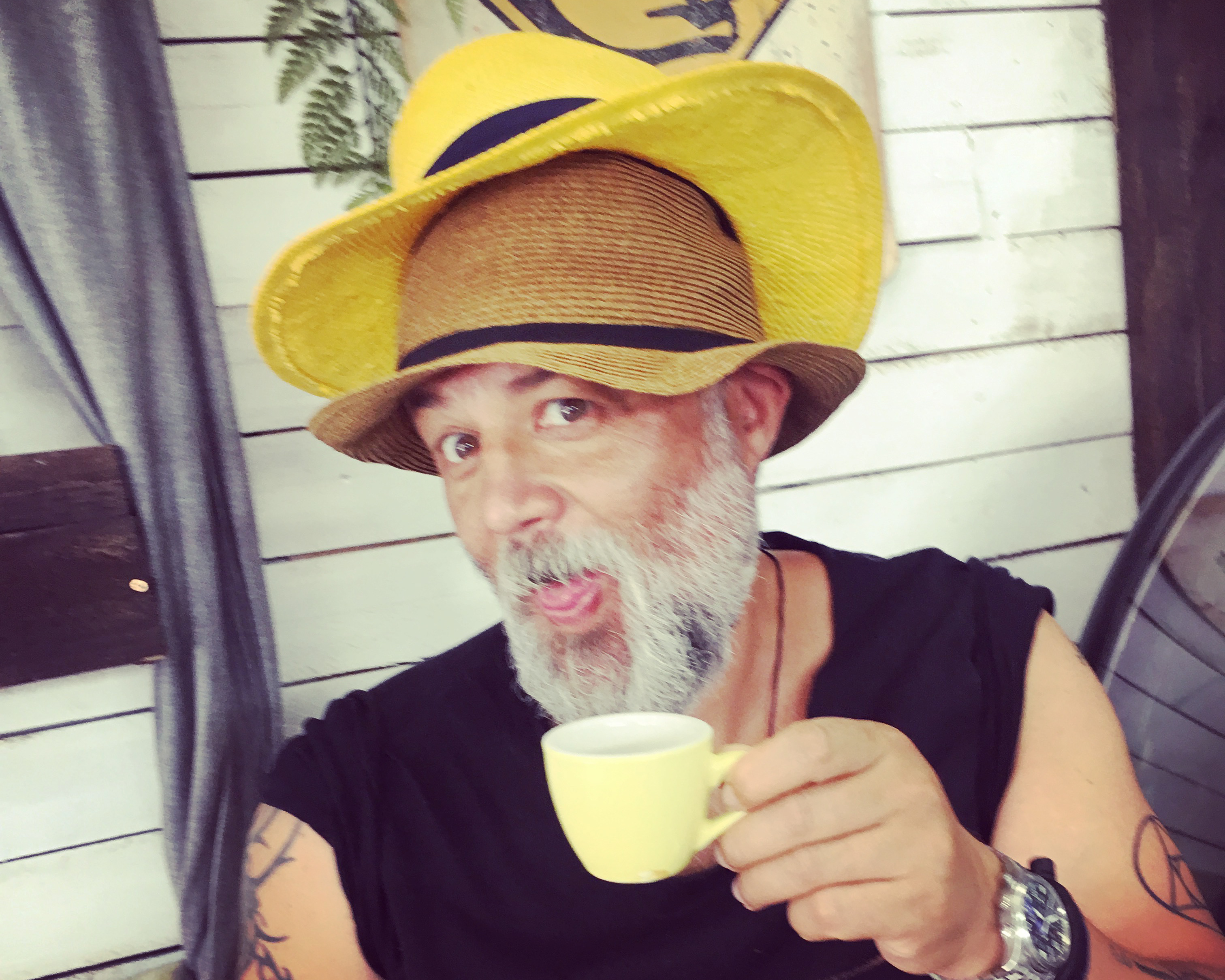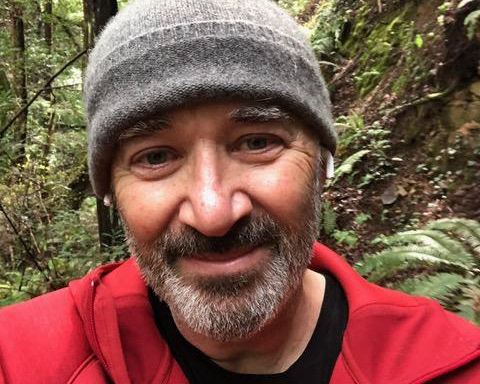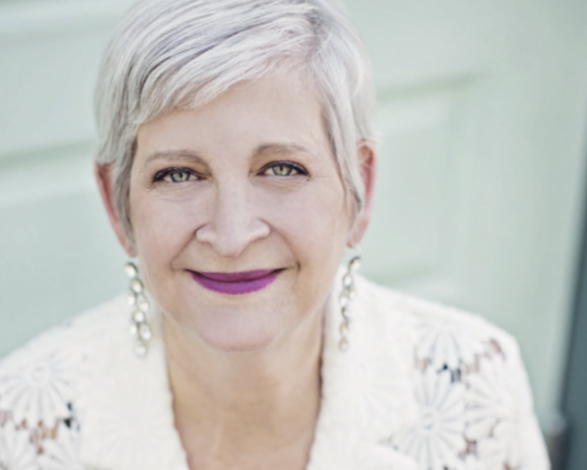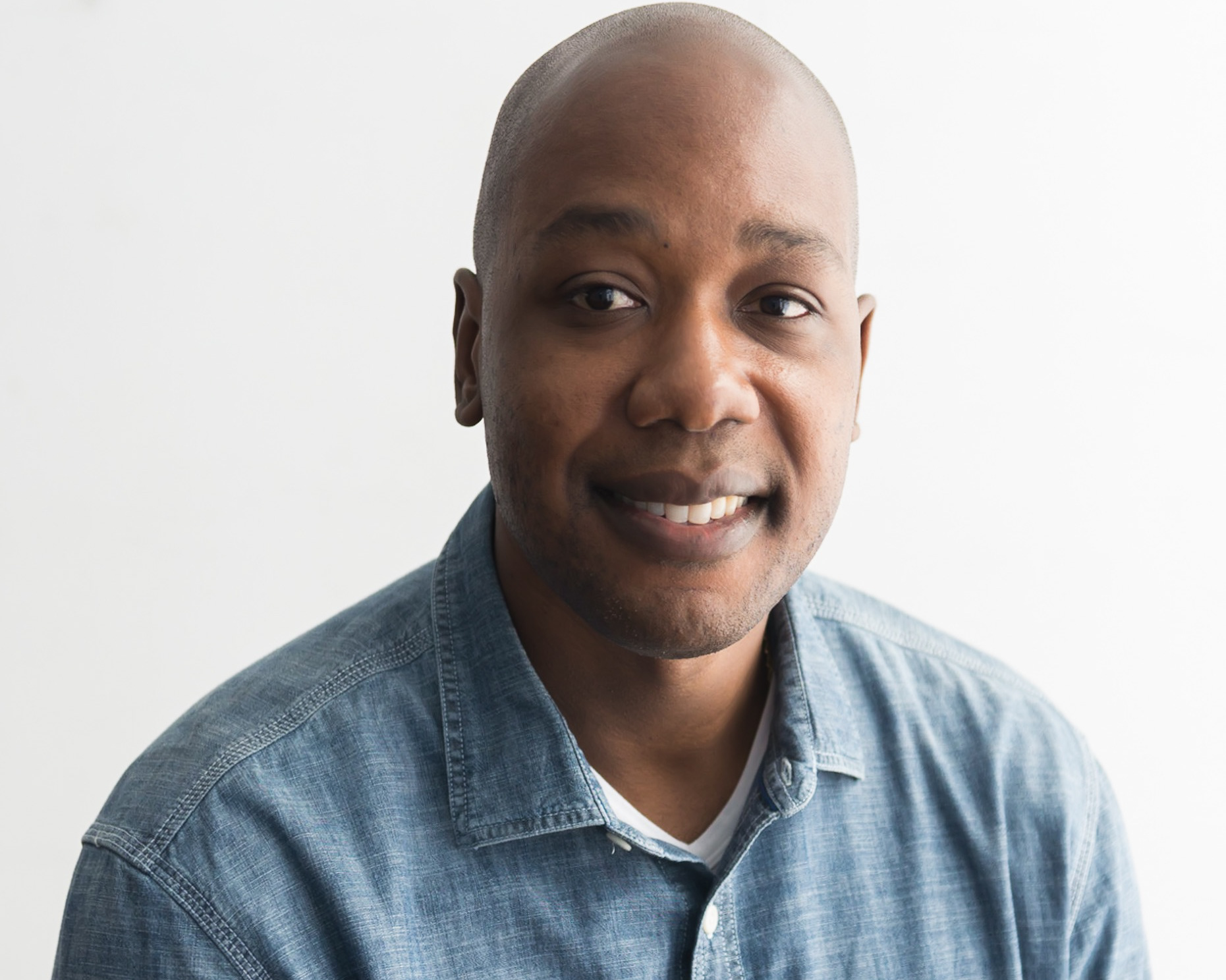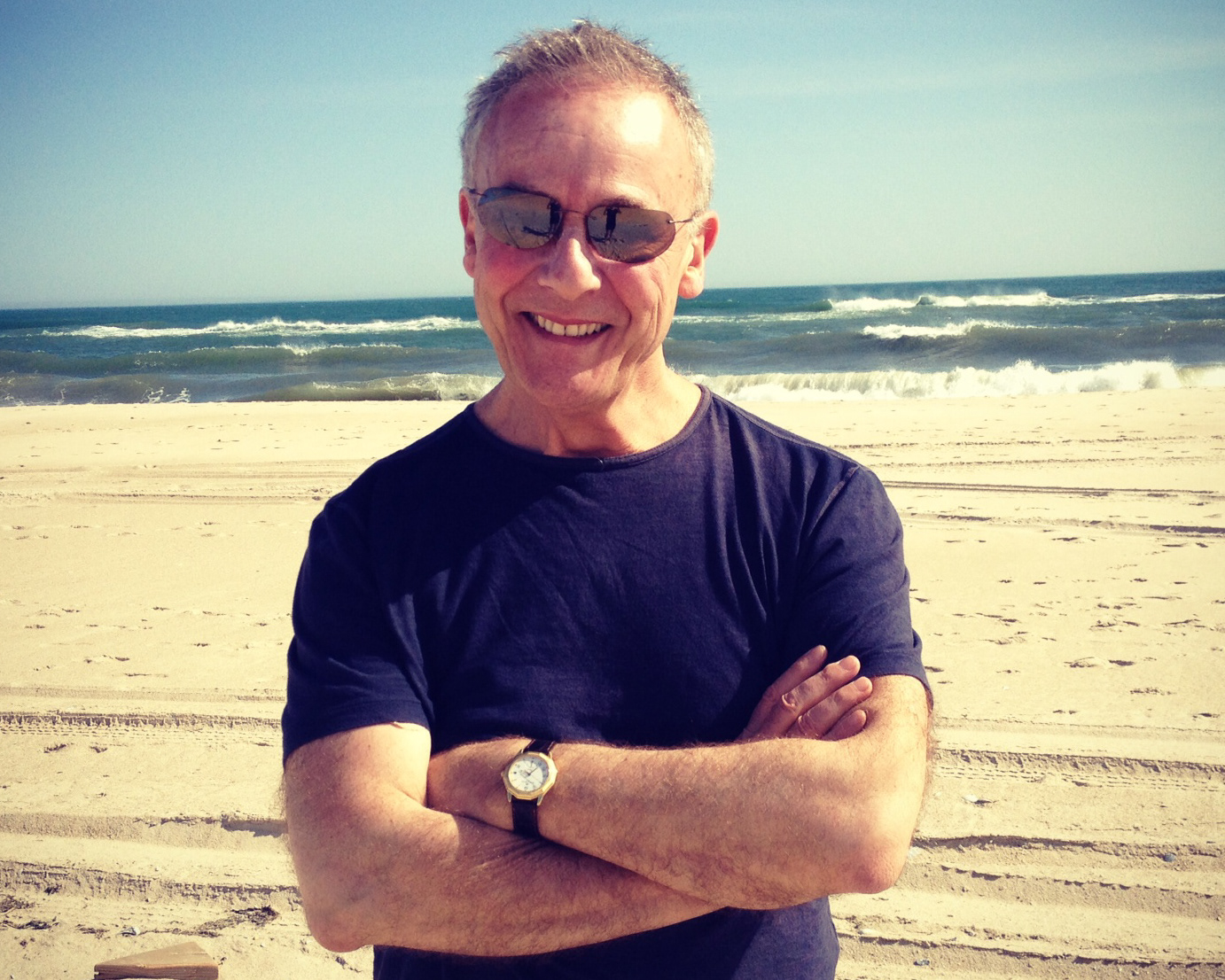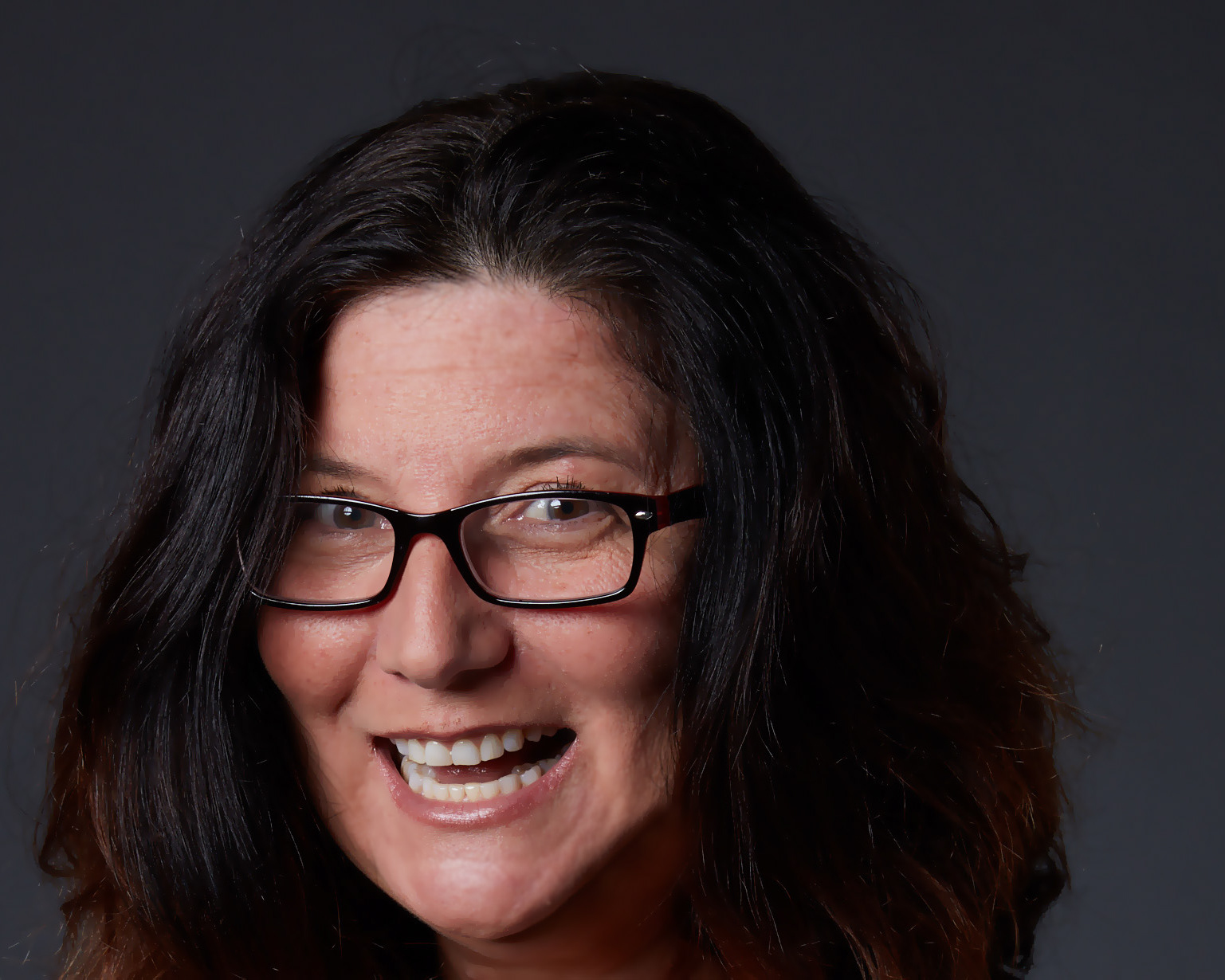The name Rob Bagot is one we all know. It’s in plenty of award books as writer and creative director at such esteemed San Francisco agencies as Goodby, McCann, Eleven and H and L Partners. But it’s what’s after all of these amazing jobs that Rob’s bio gets even more impressive. And moving.
Rob’s brother, Tom, was also a writer, and sometimes the two even worked at the same agency. “When things got sketchy, as they do in our business, we’d joke about doing our own thing. We eventually called it Storymachine.” Over the years, the vision became more refined. “We always talked about combining all the filmmaking functions under one roof. The idea was that greater creative control could lead to even better and more efficient content creation."
Last December, Tom died of pancreatic cancer. And Rob was determined to honor his late brother by completing the vision the two formed over the last 20 years.
Now as the founder of Storymachine, Rob is chasing down the dream that he and his brother shared. We are incredibly inspired and so excited to add his voice to our conversation.
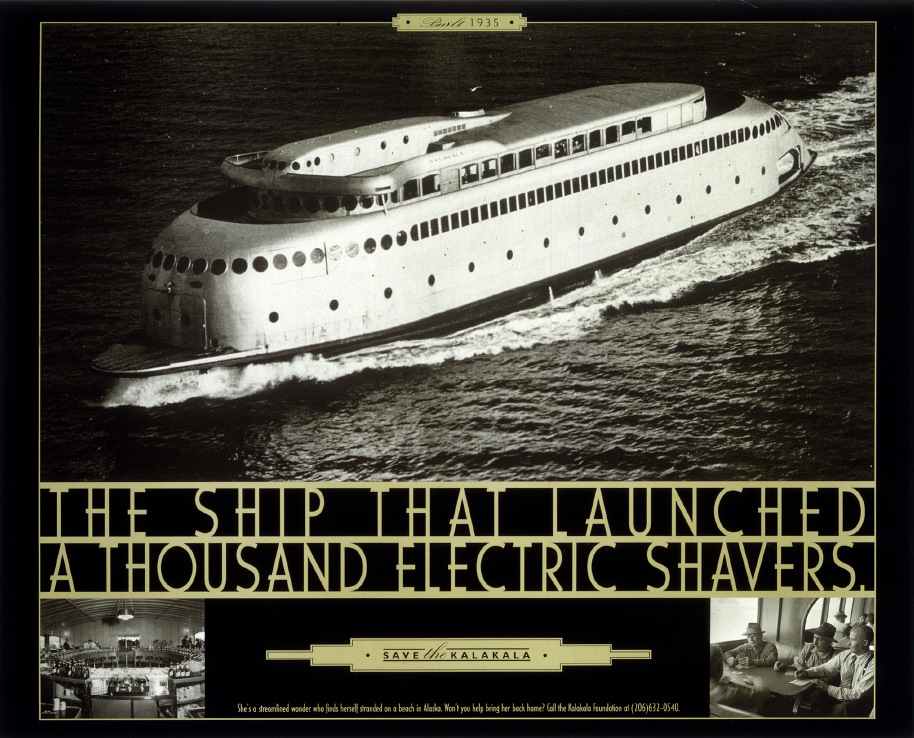
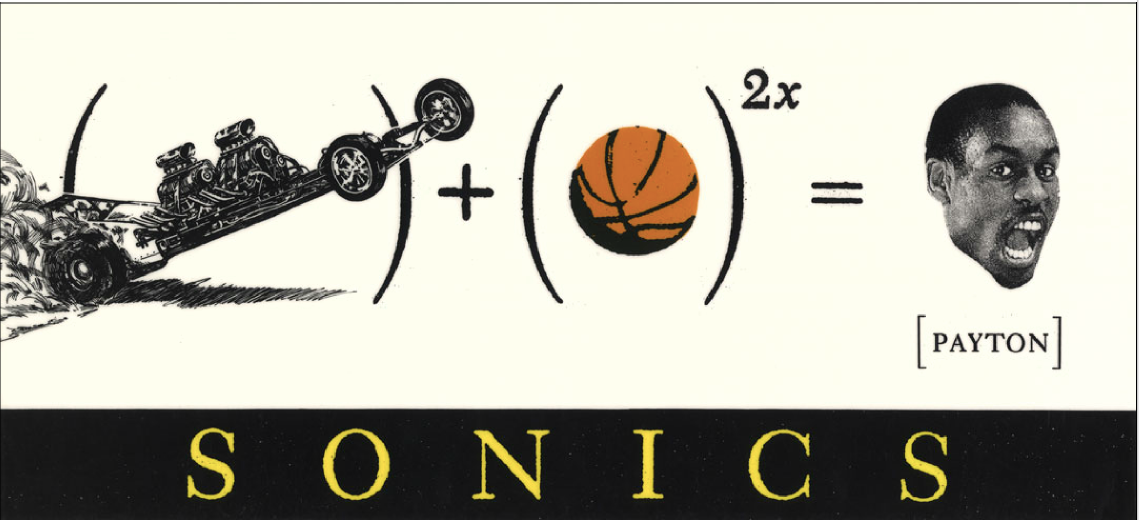
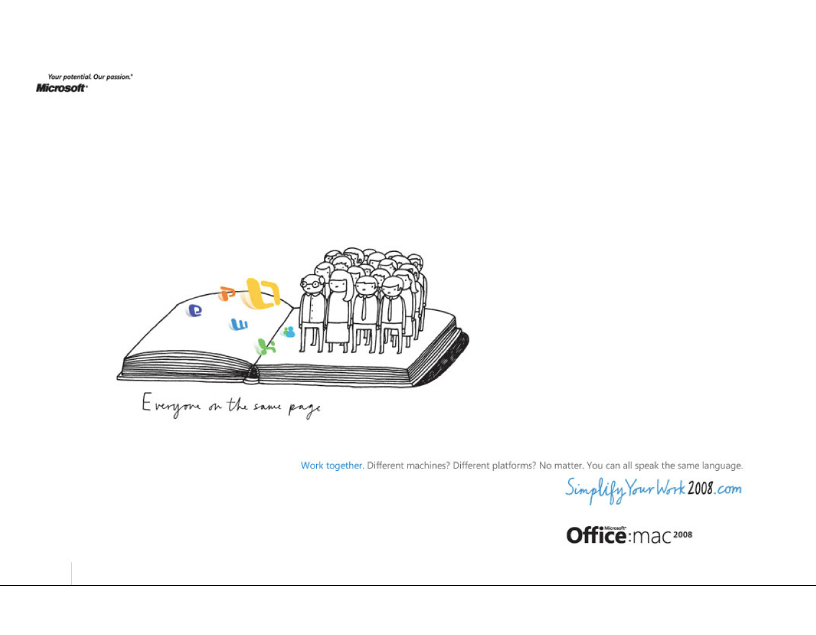
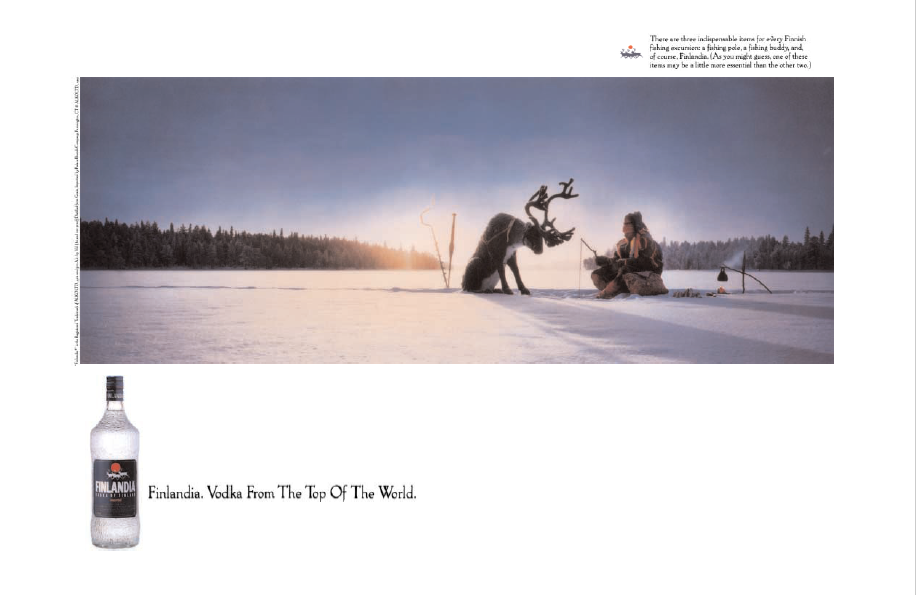
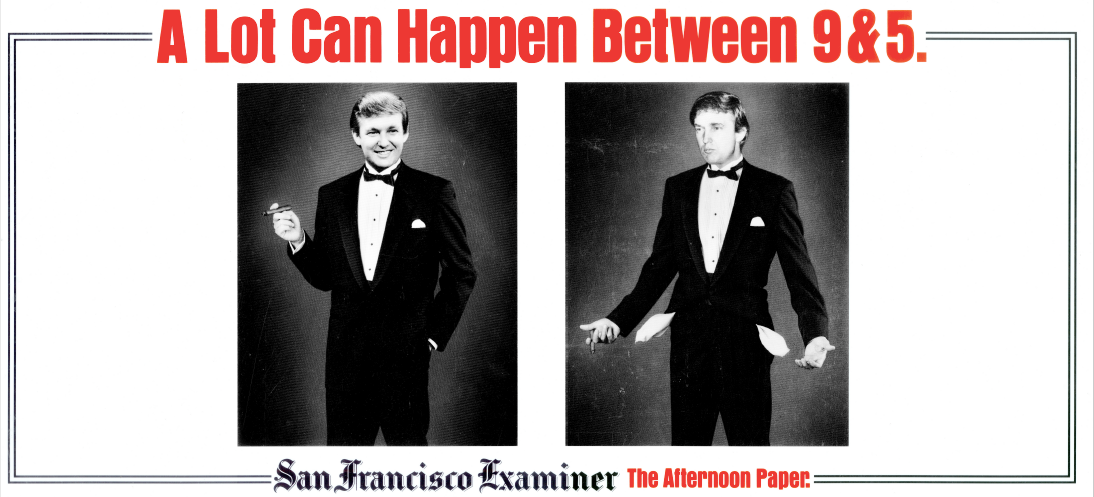
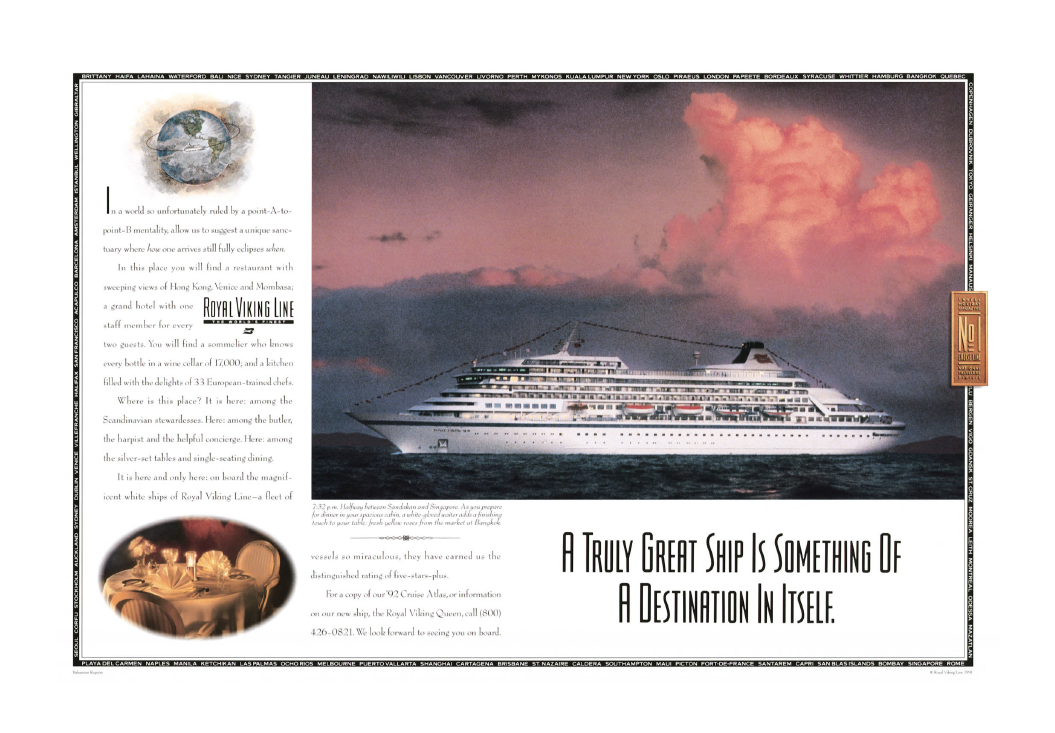
Is ageism in the industry something you thought about in your 30s? Your 40s?
I think ageism is something I actually did to myself. I remember my early 30s and thinking, “Hey, I better settle into a high paying job because I might not have many years left in my career.” You were supposed to burn out or something. David Ogilvy said it was like becoming an extinct volcano and I was bracing for it, but it never really happened.
Is ageism something that’s affected you? What are some of the challenges you faced as a person who was getting older in the business? Do tell.
When I was coming up in the business, I don’t remember a lot of ageism. Maybe because people tended to move on. I do remember in my first job, I was partnered with the oldest person in the building, an art director named Don Putman. Don came from an era when they wore white smocks and did their layouts with pastels. He had his old layouts tucked behind his office door. I thought they were so, so cool. Such craftsmanship. After that, I always had a lot of respect for the people who came before me.
Tell us about your own creative journey. What are your thoughts on where you are now, compared to your mindset when you were in the beginning of your career?
I don’t think my mindset has really changed much over the years. I’m still terrified of doing bad work. Still dreaming that the next thing I work on will change the world. Through experience I’ve become a lot more efficient. You get better at knowing what won’t work and moving on. By getting a lot of bad ads out of your system you acquire a certain clarity of thought that doesn’t let dumb ideas hang around so long.
I always go back to my first real job in advertising. I’d get notes from Jeff Goodby hand-written on my scripts. They always said, “Weirder. Funnier.” I think that advice still holds 30 years later. Maybe even more so.
"I think the business has changed dramatically. And if I didn’t change with it I would have been road kill."
Did the reality of the ad industry contribute to the decisions you made/the path you’ve taken?
I think the business has changed dramatically. And if I didn’t change with it I would have been road kill. In 2000, you better have embraced digital banners or you were going to be toast. After that, if you weren’t an integrated creative director you were sort of a relic. Then came streaming, really the greatest thing to happen to advertising in my lifetime -- but it wasn’t seen as such at first. I remember trying to get more senior teams to work on streaming projects and they looked at me like I was asking them to do low budget industrial films. They saw it as an attack on everything they had worked for (meaning the right to do big budget TV spots), and maybe they weren’t going to be checking into Shutters as often. The truth is slightly smaller budgets provided us a tremendous amount of creative freedom and we still got to go to Nobu.
What do you feel creative people over 50 can offer over someone 20 years their junior, things that are unappreciated, or just plain overlooked?
I think people over 50 can probably offer all that advice I wish someone gave me when I was younger. I still can’t tell if I was incapable of listening or people just weren’t willing to share, but I thinks it’s the latter. I’ve always been so surprised that people won’t just come out and tell you the important stuff. They seem to keep it to themselves. Some sort of weird power play. If someone had just told me that if you’re nice to your teachers your GPA will go up a solid grade point I would have been a much sweeter student.
"I never look at dates and numbers as meaningful. There’s really no such thing as 40 or 50 or 10. I always think that as long as I don’t look in the mirror I’m the youngest person in the room."
What is your advice to people who are nearing or over 40 in the ad industry?
First off, I never look at dates and numbers as meaningful. There’s really no such thing as 40 or 50 or 10. I always think that as long as I don’t look in the mirror I’m the youngest person in the room. What I think is important is how old you feel. I’ve met people in their late 20s who look and act --and probably feel – like they are 50. I think it’s all about too much self-reflection. People always say, “I’m burned out, I’ve been working too hard.” The truth is usually they haven’t been working hard enough and they are stewing in this toxic self-reflection cell that only ends in feeling like a failure.
How are you approaching the next 10 years? What does your future hold?
I started seriously thinking about this business when I was in the 7th grade. Out of nowhere a jingle writer from FCB visited our school. I had never thought that people actually made ads, I just assumed they somehow came off the production line like cars or cereal. The man’s name was Art Twain and before he even played his work it was already hard wired into our brains. He wrote that throaty “Fall in to the Gap” ending. This really cool C&H pure cane sugar song and “I want my LEE-EE-EE-VI’S.” I’m sure most people don’t remember this stuff, but if was part of the public consciousness. It made me think this stuff called advertising was pretty interesting. After that, I went straight to the card catalog -- that funny wooden file cabinet in the library with the brass handles -- and looked up advertising. There was a book called “Reality in Advertising” by Rosser Reeves and I was hooked. From then on, I always thought I could change advertising in some fundamental way, and I still think so.
Currently I am trying to take the Hollywood concept of the showrunner and apply it to advertising. The idea is one person writes, directs and oversees the project from start to finish. Right now, I am the only showrunner at Storymachine but we soon hope to have many, many more.
"My hope would be that as we use more AI and machine learning, somehow the craft of creativity gets revalidated and we look to the people who really knew how to communicate natively before the digital world and robots overwhelmed nuance and subtlety."
What do you see as potential solutions for ageism in the industry? Any thoughts on possibly unionizing?
I think ageism is a pretty tough thing to overcome in any industry. The way we have typically dealt with it is you graduate to management then make all those adult decisions like firing people or how to compromise with clients. My hope would be that as we use more AI and machine learning, somehow the craft of creativity gets revalidated and we look to the people who really knew how to communicate natively before the digital world and robots overwhelmed nuance and subtlety.
What are some positive things you’ve experienced as you’ve grown older in the business?
I appreciate that I still work alongside a lot of young people. As long as I don’t think about it too much, I feel as though I’m their age.
Who do you look to for inspiration?
There are just so many people to inspire you nowadays. The tools for discovery are so powerful in our digital world. I love finding out who is behind things. Find any amazing product or their influences. There are all these magic rabbit holes, and as long as you stay curious you are on this amazing ride that never ends – until it does.

